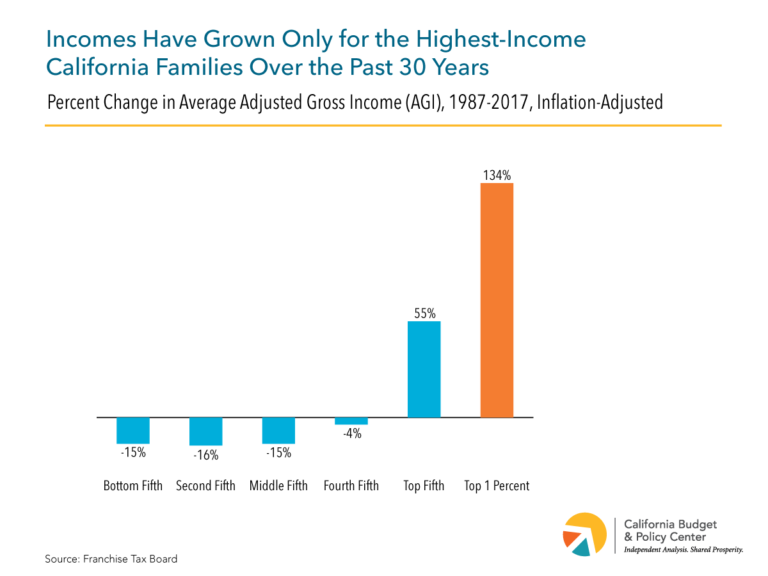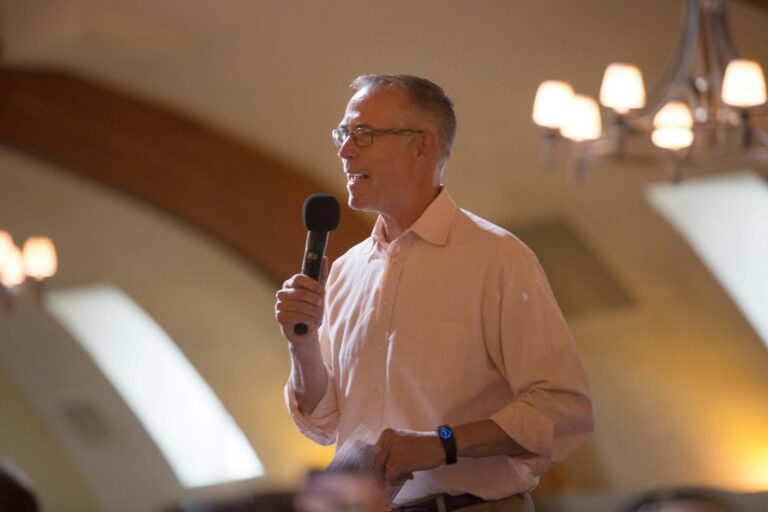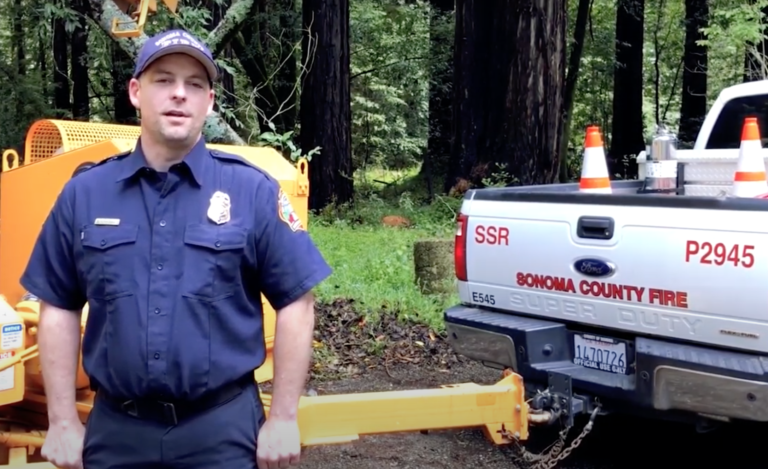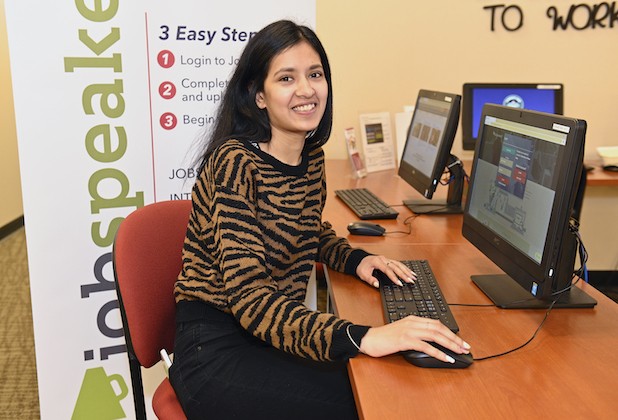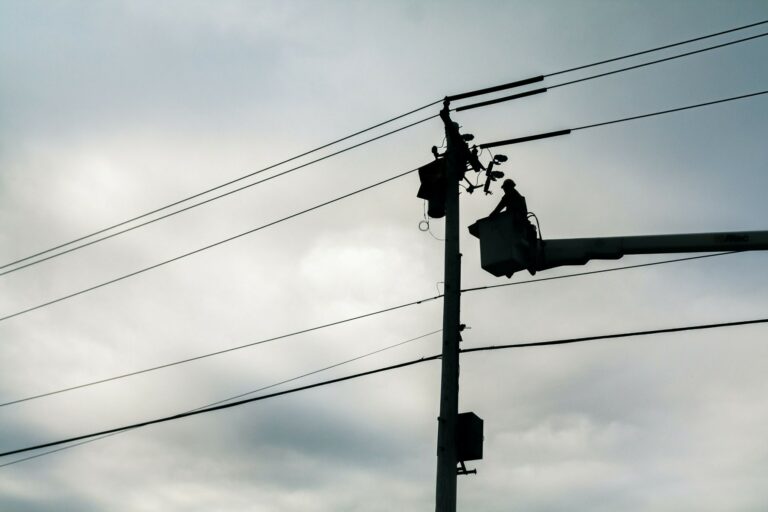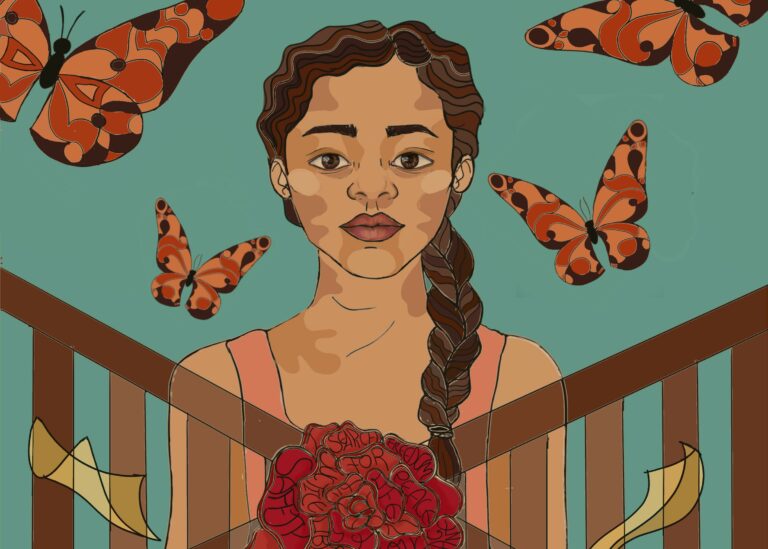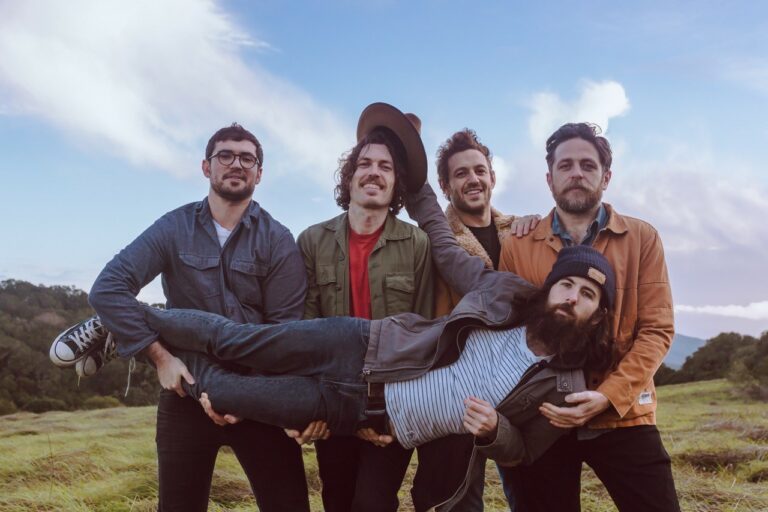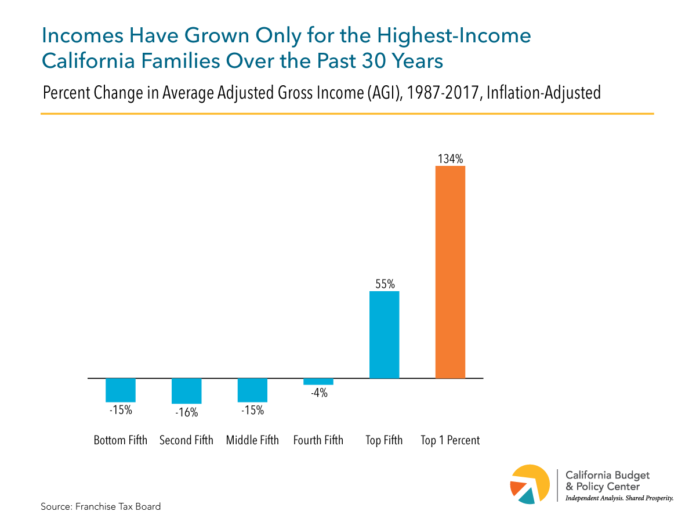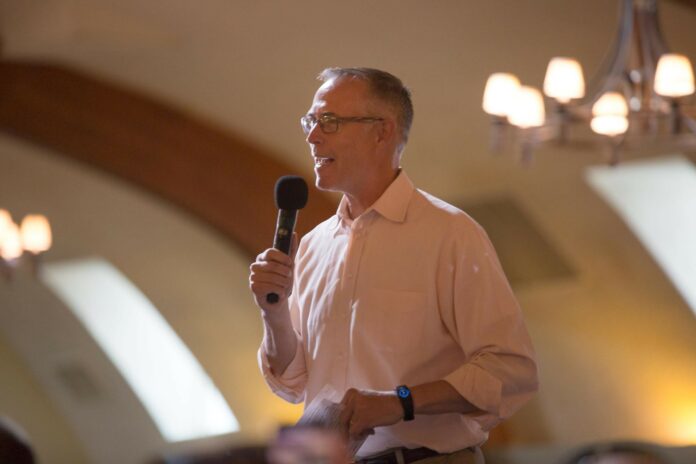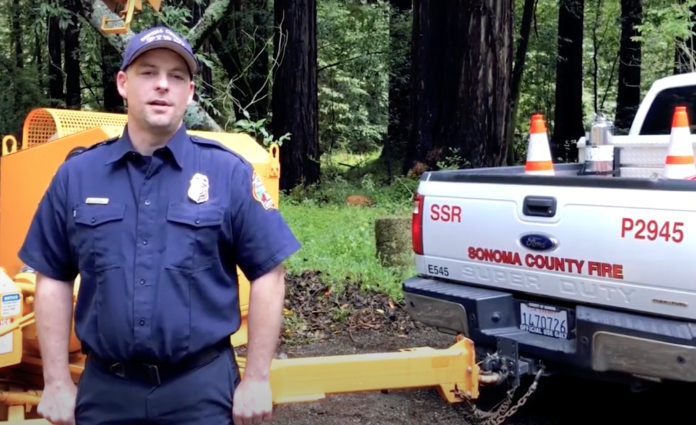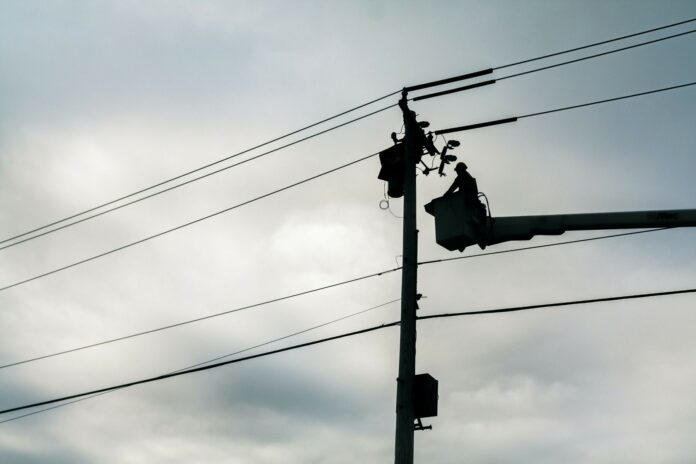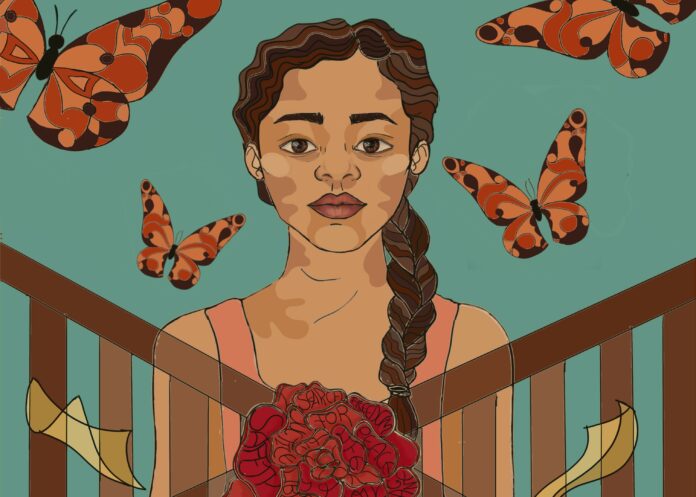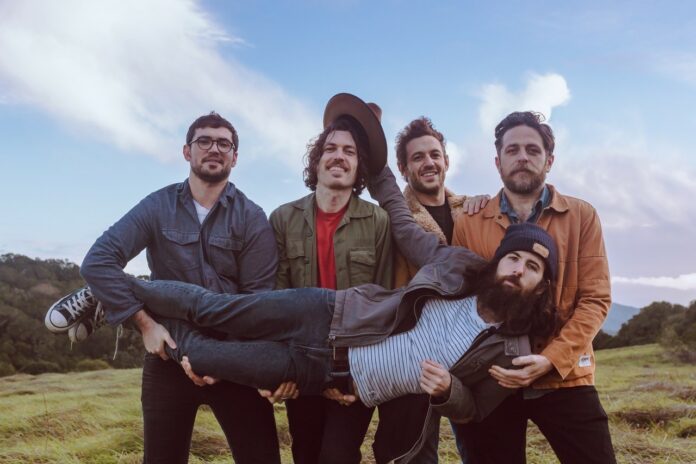If a painting hangs on a gallery wall, but no one is around to see it, is it still art?
As the North Bay shelter-in-place passes the 40-day mark, many galleries and organizations that depend on social gatherings to share and sell art struggle to answer the question of how to keep the art alive when they are forced to keep the doors shut.
“It’s different for every gallery I’m sure, but most galleries are in the same boat in terms that they’ve lost almost all opportunity to sell art,” says Paul Mahder, founder and director of the Paul Mahder Gallery in Healdsburg.
In the last month, many in-person businesses have had to turn to an online-only mode, and art galleries are no exception. Mahder says he is fortunate in that he was already in the process of creating an online gallery for the thousands of pieces of original work he sells for more than 40 artists.
The entire gallery is now available online at paulmahdergallery.com, and Mahder notes there’s been some action on the site, in part because he is doing something else that he never thought he would do; offering a sale.
“This is a particularly unusual moment,” he says.
As the North Bay enters its high season of tourism-related business, Mahder believes the pandemic means it will be a while before people feel comfortable gathering in public.
“Even when things do turn around, how long is it going to be for people to actually start coming back?” Mahder asks. “It’s not a matter of relaxing the restrictions, but when people can feel that they can get back in the marketplace—that could be a year or more.”
For Mahder and other art curators and gallery owners, the fluidity of the pandemic’s timeline is the most stressful aspect of the ordeal, especially for galleries that often arrange exhibits up to a year or more in advance.
“The feeling of uncertainty that’s hanging over everyone’s heads, that’s hard,” says Shelley Rugg, coordinator of Gallery Route One in Point Reyes Station. “Not knowing when this is going to end, we don’t really have any way to schedule an exhibition, because we don’t know when people are going to be able to enter our space again.”
Gallery Route One was about to open its annual “Artist Members Show” when Marin County’s stay-at-home orders went into effect. Instead, it put the art online at galleryrouteone.org, where the “Spring 2020” exhibit now shows work by 18 artists.
The GRO website also features an online shop where art from the “Spring 2020” exhibit and other works can be purchased. And the nonprofit organization put its Artists in Schools program online, as well as an Art Projects at Home page, where the public can download instructions on how to make various art works and enjoy a Point Reyes Coloring Book and other activities.
The gallery is now looking ahead to its annual “Box Show,” its most popular fundraising event each year, currently scheduled to open with a reception on August 1. The exhibit features boxes transformed into art by local artists, and the show includes a silent auction in which, Rugg says, hordes of attendees usually use pen-and-paper to bid on work throughout the show’s run.
“It’s likely none of that can happen,” Rugg says. “We have to think about how to transform what we are used to doing—what we know how to do—into a whole new form. It’s very challenging.”
In Novato, the Marin Museum of Contemporary Art is also busy rescheduling and adapting to the internet in order to share art in the form of virtual art tours and videos, and the museum is taking the time to team up with Marin-based nonprofit ExtraFood for the #Masker_piece Challenge.
“We’re trying to do our part to not be so concerned with our own finances, but to look to people who are really hurting,” says MarinMOCA executive director Nancy Rehkopf. “We know that due to unemployment and isolation, there are a lot of people out there who need meal support who didn’t use to.”
To that end, MarinMOCA’s member artists are creating artful face coverings, using well-known art works for inspiration. For every #Mask_erpiece posted on social media and marinmoca.org, a group of MarinMOCA’s donors contributes $5, for a total of $5,000 planned to go to ExtraFood’s efforts to keep Marin fed during the pandemic. The masks will also be available to sell to those who want to help with donations.
“It lets everybody do what they are best at,” Rehkopf says. “Our artists can continue to create and people with empathy can donate and it all goes to ExtraFood.”
The challenge MarinMOCA’s member-artists face is where to create, as more than 60 artists with working studios in four buildings on MarinMOCA’s campus have not been able to use their studios.
“They are coming up with creative ways to work from home, but it’s definitely affecting their livelihood and their ability to enter shows and get their artwork out there, so it’s a tough time,” Rehkopf says.
MarinMOCA has updated its Facebook and other social-media pages with member artist profiles and art to help keep them visible to the public. Rehkopf adds that MarinMOCA’s educational programs are also transitioning to an online format.
Other art events in the North Bay moving to an online format include the Virtual Marin Open Studios (marinopenstudios.org) replacing the self-guided studio tours in May; the Town of Fairfax Online Art Show (fairfaxartwalk.com) replacing the Fairfax Art Walk and the Sebastopol Center for the Arts Virtual Open Studios (sonomacountyarttrails.org) replacing Art at the Source and the Sonoma County Art Trails in September.
In Napa County, the planned Arts in April month of events hosted by the county’s official arts agency, Arts Council Napa Valley, is also moving online with events like the Yountville Art, Sip & Stroll going digital (see “Culture Crush,” pg 12).
“We’re seeing many of our arts organizations trying to pivot,” says Arts Council Napa Valley CEO Chris DeNatale.
While some groups, such as St. Helena–based Nimbus Arts, create online classes, art challenges and even art kits to go, others in Napa County face a more serious situation.
The Napa Valley Museum closed during a popular art exhibit by actress and activist Lucy Liu. In response to the COVID-19 pandemic, the di Rosa Center for Contemporary Arts has also decided to close the campus for the remainder of 2020.
To help these struggling arts organizations, Arts Council Napa Valley is opening a disaster relief fund to provide grants to artists and organizations. Applications to the fund will be accepted starting May 4, with a total of $40,000 planned for distribution to individuals, arts nonprofits and Napa County schools and educators that have experienced economic loss due to cancellation of performances, shows or fundraisers.
“It’s been so hard to access the CARES Act [the federal coronavirus economic relief plan] at this point for smaller organizations,” DeNatale says. “So we are trying to find ways to put money in our organizations’ pocket without having to be so tedious.”
Arts Council Napa Valley will also participate in Giving Tuesday, a May 5 statewide call to action to support nonprofit organizations, in which every dollar raised will be added to the relief fund, and the council has also assembled a Covid-19 resource center at artscouncilnapavalley.org with a list of state, county and community services to support artists dealing with economic loss.
In addition to exhibitors and organizations, individual artists are also taking the stay-at-home matter into their own hands with online shows and specials. Two of the first to do so in the North Bay were artist friends Bill Shelley and Chris Beards, who resurrected their former Blasted Art Gallery in Santa Rosa as an online exhibit space.
“Bill and I are both working artists; we had reached our objective with the brick-and-mortar Blasted Art Gallery [in 2019] and wanted to get back to our work,” Beards says. “We kept our presence on Facebook (facebook.com/blastedartgallery) and then this coronavirus came and we came up with the idea of restarting the gallery online to bring people together and create community, which is isolated at the moment.”
“We wanted to give artists who work regularly and who were no longer able to show anywhere a virtual place,” Shelley says. “And to also reach out to people who don’t show on a regular basis and give them an incentive to do something special for the exhibit.”
Blasted Art Gallery’s online show, “Sonoma County: Flattening the Curve” includes nearly 90 pieces of work from over 40 artists, in all manner of styles and mediums. Hundreds of online participants attended the exhibit’s online opening on April 17, filling up the message boards and posting on the page.
“I have a friend who commented to me that she doesn’t go to galleries, but she did attend the opening on Facebook,” Beards says. “She said she felt included, and that felt like a real win. It felt like a community at the opening.”
“We are all experimenting with how you show art online,” Beards says. “I don’t know that a virtual show is a substitute for seeing the art in person. So, I’m hoping that our galleries and museums remain vibrant, and yet we can have this additional online format that will allow more people to see more work.”

